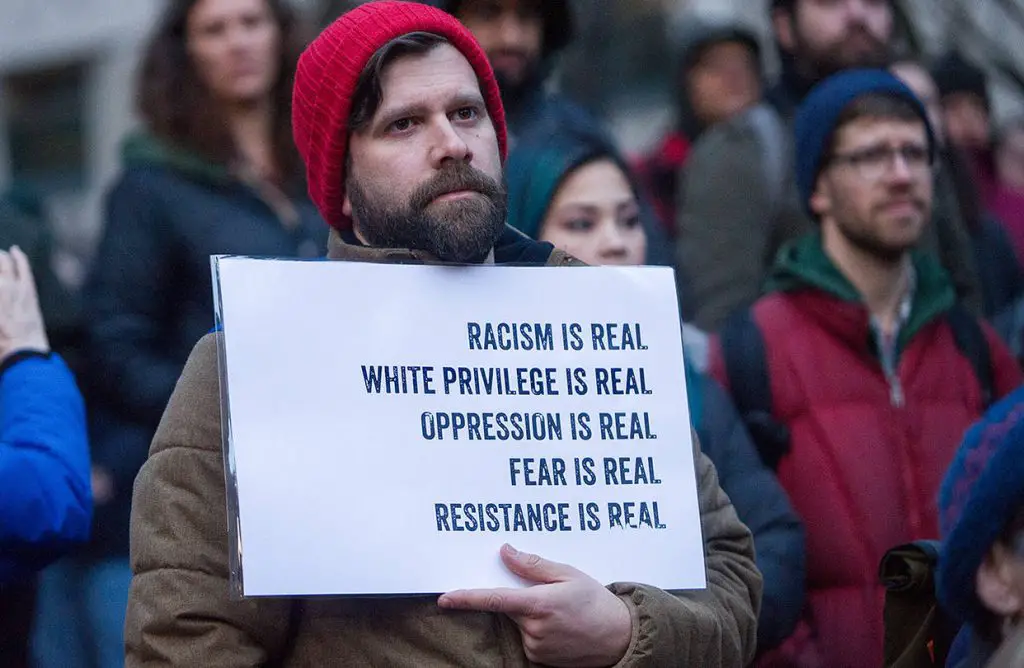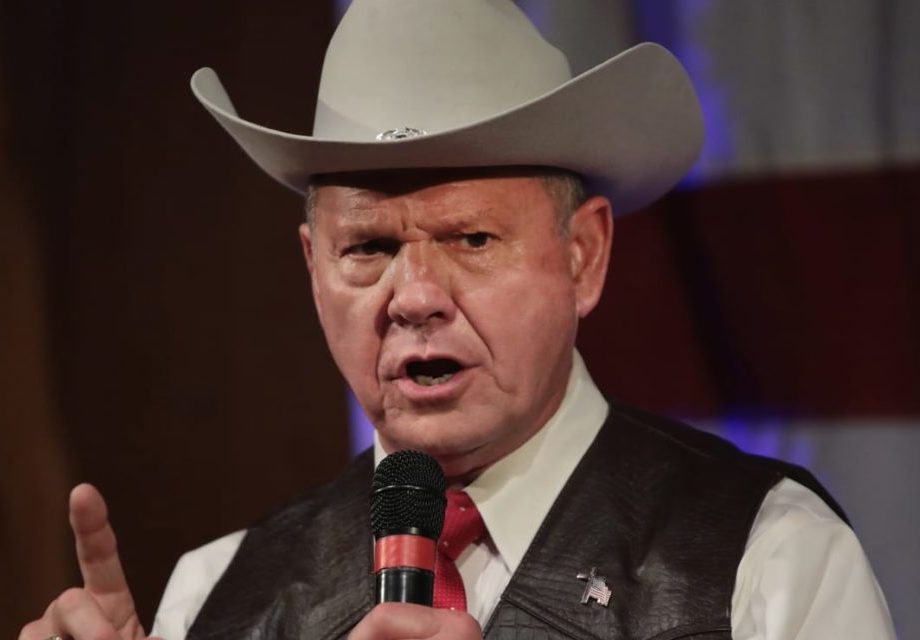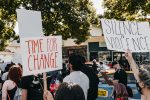Before losing the GOP Alabama State Senate position, Roy Moore expressed that America was great during the time of slavery, a time of lynchings, mobs, murder, rape, separation of family and emotional abuse, not to mention the decades of segregation that followed.
According to the Los Angeles Times, Moore’s exact words were: “I think it was great at the time when families were united — even though we had slavery — they cared for one another…Our families were strong, our country had a direction.” His remarks, while odious, were just the latest in a long string of racially insensitive comments.
Public figures critical of the comments, such as Cory Booker and Gabrielle Union, have spoken out against the sentiment, condemning both the racism and insensitivity of Moore, as well as the microaggression behind the remark. The roots of American wealth and democracy, as Ta-Nehisi Coates explained in his article “The Ills That Slavery Frees Us From,” lie in tearing apart the African-American family, either through taking the lives of slaves or by separating their family members from each other, all to build up the white family.
According to a Vox News article discussing slavery, “Black families were regularly torn apart — and tortured — by slave masters at the time. Slaves often couldn’t even marry, because their marriages were considered legally void.” Moore may have not directly or explicitly stated that slavery was a great moment in American history, but by downplaying the horrors of slavery and focusing on its benefits to white America, the former Senator whitewashes history by focusing on only one of its narratives.
Microaggressions are revealed through underhanded comments, actions and even policies. In fact, many of their instances are far subtler than Roy Moore’s remarks, and instead take the form of fried chicken jokes, denials of blackness (“You’re not black!”) and assumptions that minorities are likelier to be thieves, among many other things.
However, it is important to realize that microaggressions are less about the victims and more about the perpetrators’ own insecurities. Just as aggression occurs when an individual feels attacked, so microaggressions occur when an individual feels threatened in a subtler, more subconscious manner.
Many microaggressions in American society are the result of white guilt, a phenomenon that plays a large role in the continuing existence of racism. When trying to understand white guilt, it’s imperative to first acknowledge white America’s reticence to own up to their “sins of the past.” If the country were to accept that the effects of slavery and institutional racism are still an issue, it would mean acknowledging that America is not what it considers itself to be, i.e. a bastion of democracy and equality for all, regardless of skin color, religion, class or political credence.

According to this train of thought, if white America takes responsibility for its ignominious history, then it risks appearing to compromise the values that it so deeply cherishes. There is fear that the name, the United States of America, would be tarnished, and the American consciousness would have to recognize an ugly part of its history. But ignoring the sins of the past will, in turn, become an act of ignoring sins of the future, which is why calling out microaggressions is so important.
Another factor that contributes to the prevalence of microaggressions is the lack of sympathy for the proponents of the black among the non-minorities community: Many resort instead to blaming black people themselves for racial violence despite public incidents that enraged the entire society, such as police brutality. There is a need for white America to protect their own interests in America, which leads to the perpetuating narrative that attaches criminal activities to those of the black race.
This provides the white America an escape from the reality and allows them not to understand the other perspective, which, in turn, opens the space for prejudices and microaggressions. There is fear, discomfort and racial history wrapped into white guilt.
Understanding racism requires us to look at the reasons behind racist actions rather than the actions themselves. It is a commentary on how prejudice is ingrained in the American society. Racial microaggression can start with simple verbal comments, but can quickly turn into death. Because of the subculture of racism and the lack of conversation about race, there can be no understanding, and without understanding, there is no progress.
Racial microaggressions are active manifestations and a reflection of our perspectives on inclusion/exclusion and superiority/inferiority dynamic. Active oppressive worldviews, therefore, create, foster and enforce marginalization. Since many people are self-righteous and believe that they are decent human beings, the fact that an individual may possess bias is extremely uncomfortable to many.
This acknowledgement is disturbing as such people avoid examining themselves inwardly with honesty and a keen eye. “We have been socialized into racist, sexist and heterosexist attitudes, beliefs and behaviors,” Dr. Derald Wing Sue wrote in an article on Psychology Today. Since racism is not a problem for the majority but an “outside the level of conscious awareness,” people participate in oppressing others, intentionally and unintentionally.

















